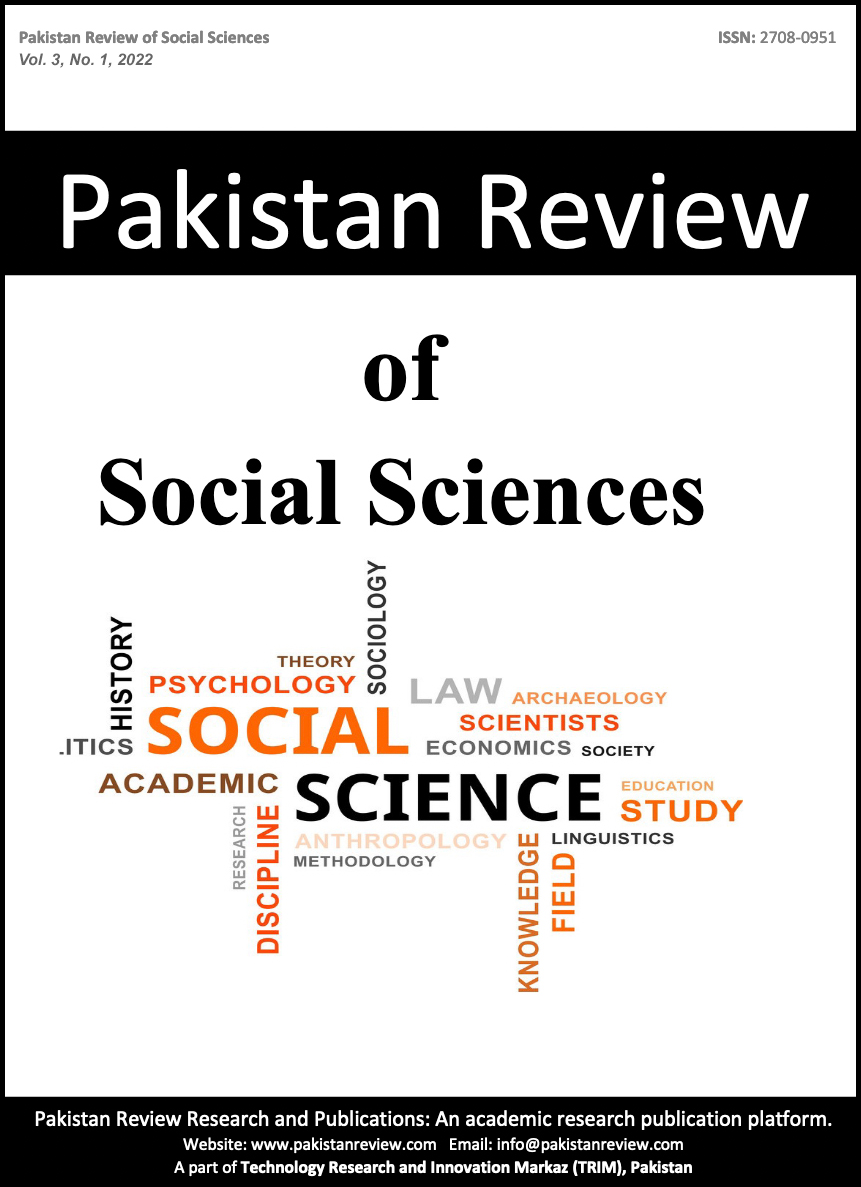Lack of Water, Sanitation and Hygiene facilities in Schools -- An Obstacle in Girls' Education in Rural Sindh
Abstract
Education is certainly an undeniable right of every child. Similarly, getting education in a clean and healthy environment in school is also a fundamental child right. Water and sanitation services are also required in schools, if these are not available as a result, the children are often exposed to unhygienic conditions that can make them sick and prevent them from attending school. Government of Pakistan is nationally and internationally committed to provide water, sanitation and hygiene services and facilities to all. The said commitment has been made in National Sanitation Policy 2006 & Sustainable Development Goals (SDGs) No 4 and No 6, which are related to availability of water and sanitation for all and inclusive & equitable quality education. A large number of school-going girls either drop-out or are discouraged to go to school on reaching puberty. A descriptive cross sectional study was conducted in four government higher secondary schools in district Khairpur Sindh in November 2019. Both qualitative and quantitative methods and tools were used to collect the data and information. Data was analyzed by triangulation of all information collected. Results showed that non-availability of water sanitation and hygiene facilities in schools are main hindrance for the girls to attend school during menstruation. Understanding these important challenges and experiences is essential for developing effective interventions to enable girls to attend and participate in school successfully. This includes better understanding the school WASH facilities which helps or hinders girls in managing their menstruation during school hours and how these may be hindering girls' attendance, performance in class and school completion.
Key Words: Water, Sanitation, Hygiene, Menstruation, Education
Downloads
Published
Issue
Section
License
Submission declaration
Authors retain the copyright to their work and grant the Pakistan Review of Social Sciences (PRSS) the right of first publication under a Creative Commons Attribution 4.0 International (CC BY 4.0) license. This license allows others to share, adapt, and reuse the work for any purpose, including commercial use, as long as appropriate credit is given to the original authors and the journal.
By submitting a manuscript, authors confirm that the work has not been published previously (except as an abstract, lecture, or academic thesis), is not under review elsewhere, and has been approved by all authors and relevant authorities. Once accepted, the article will be openly accessible under the CC BY 4.0 license, ensuring wide dissemination and reuse with proper attribution.






